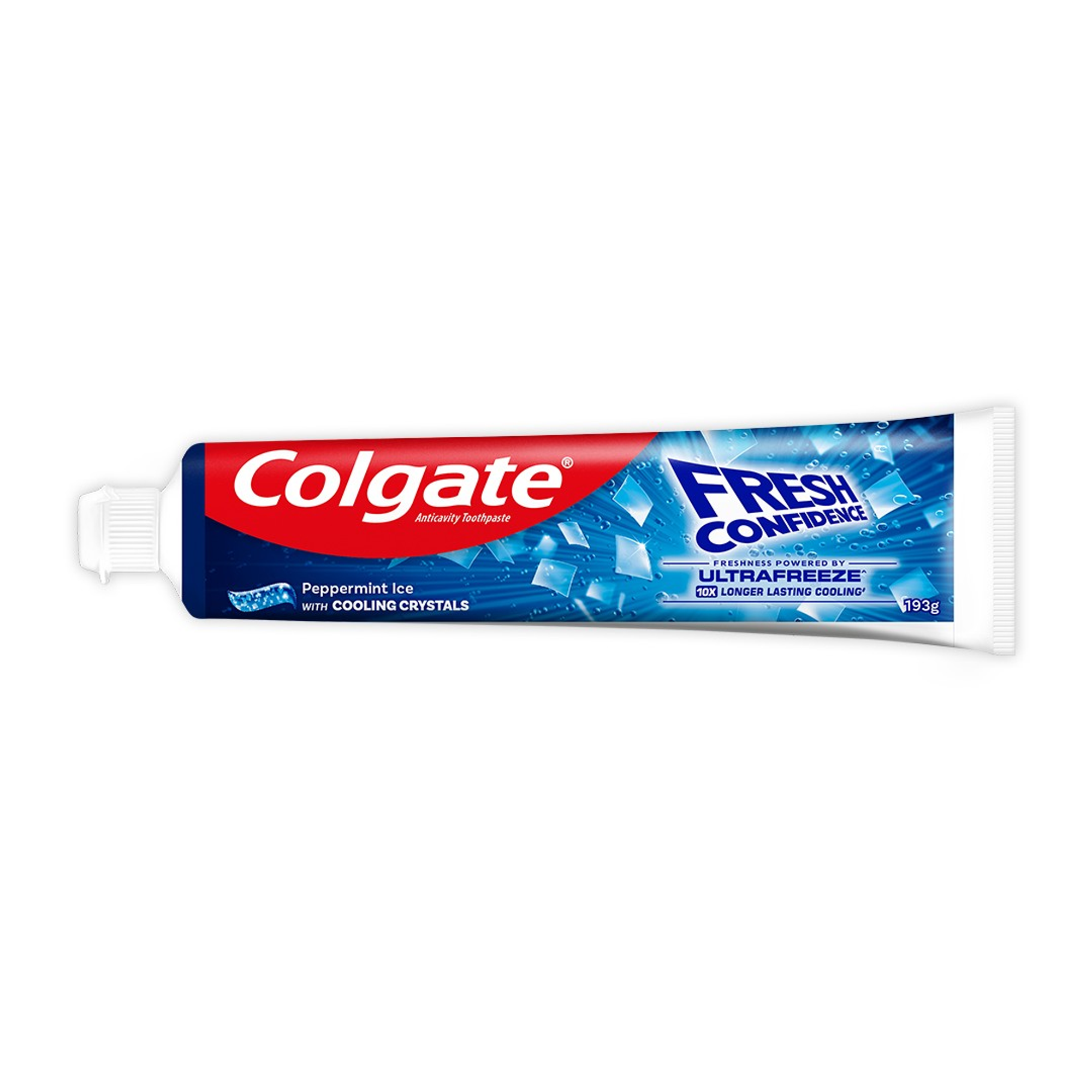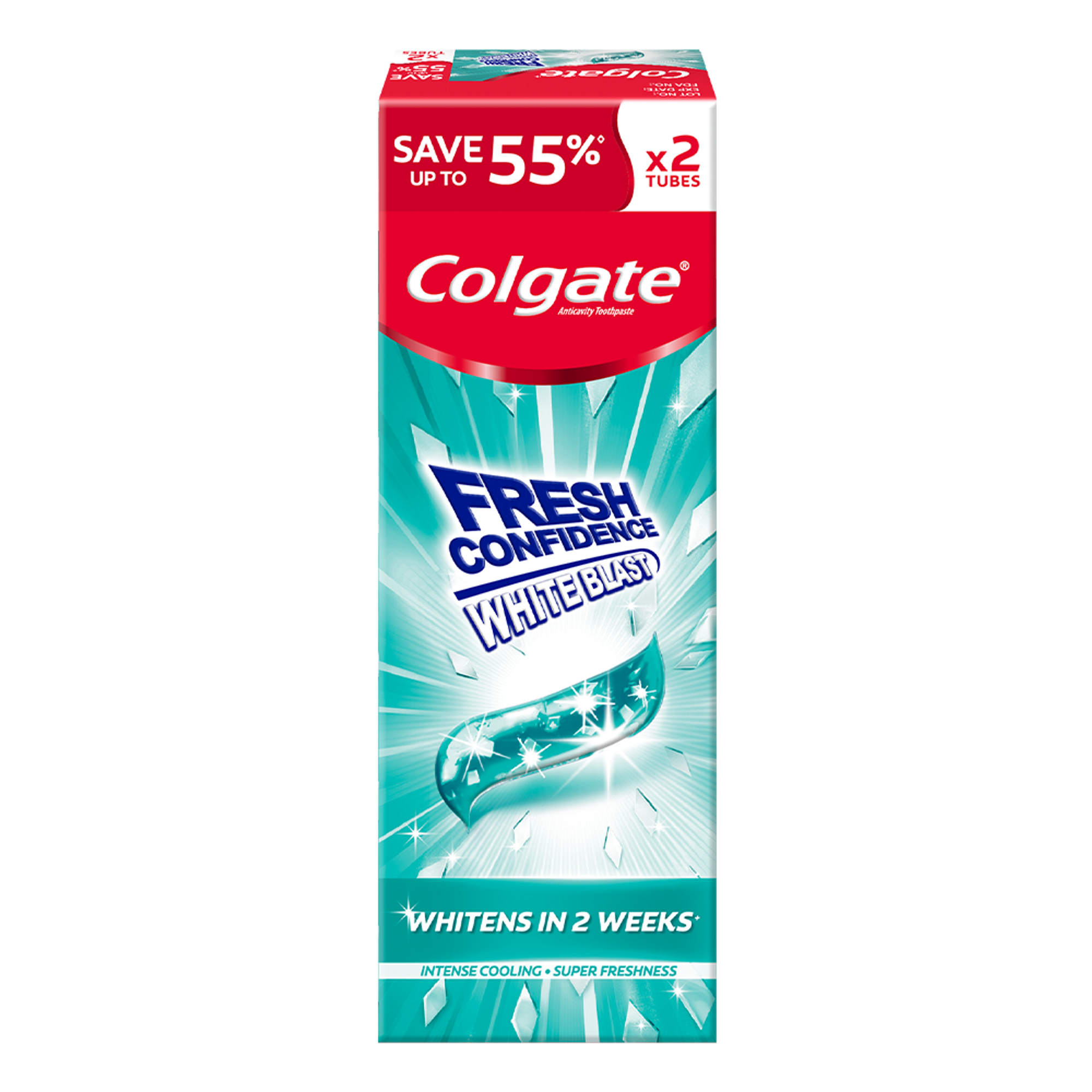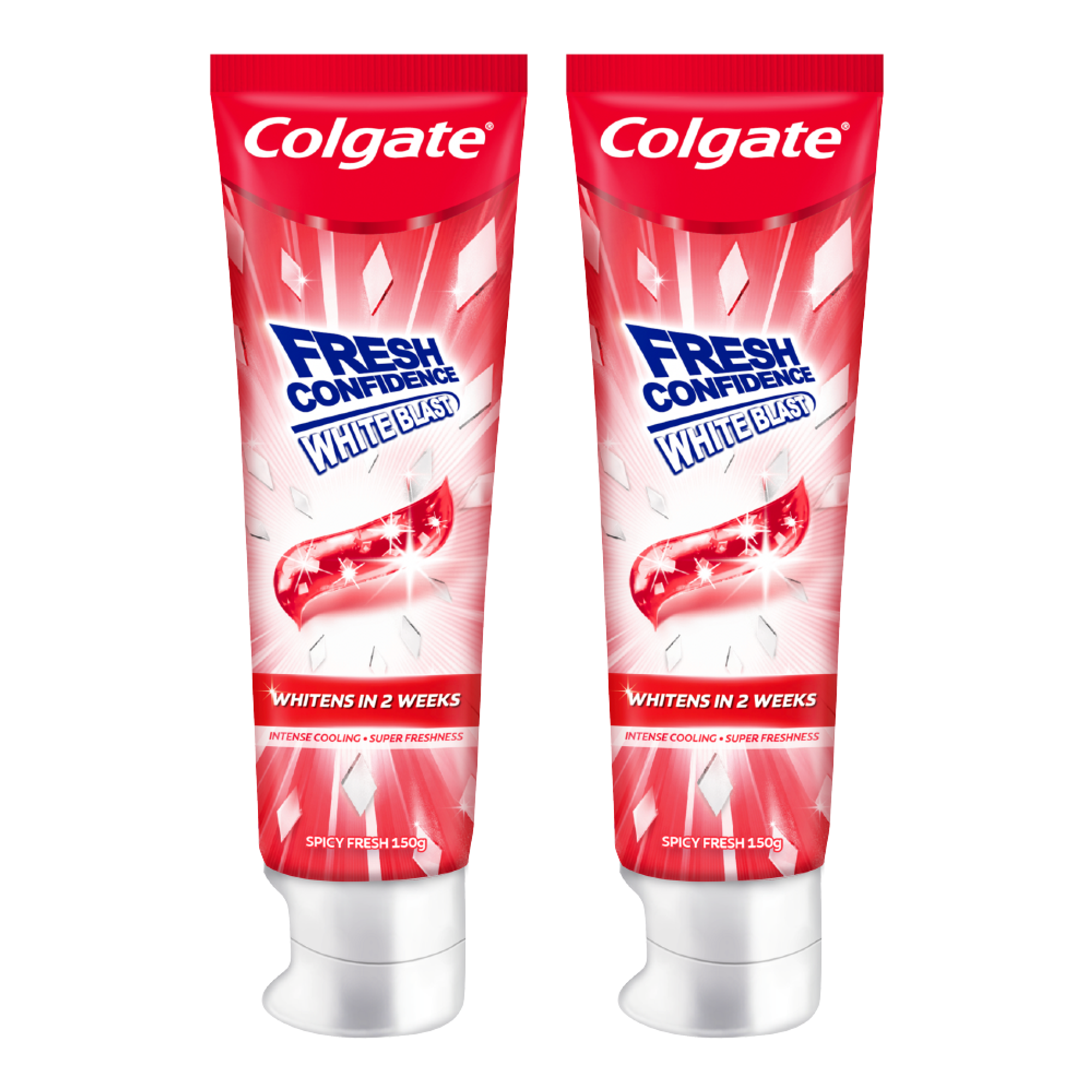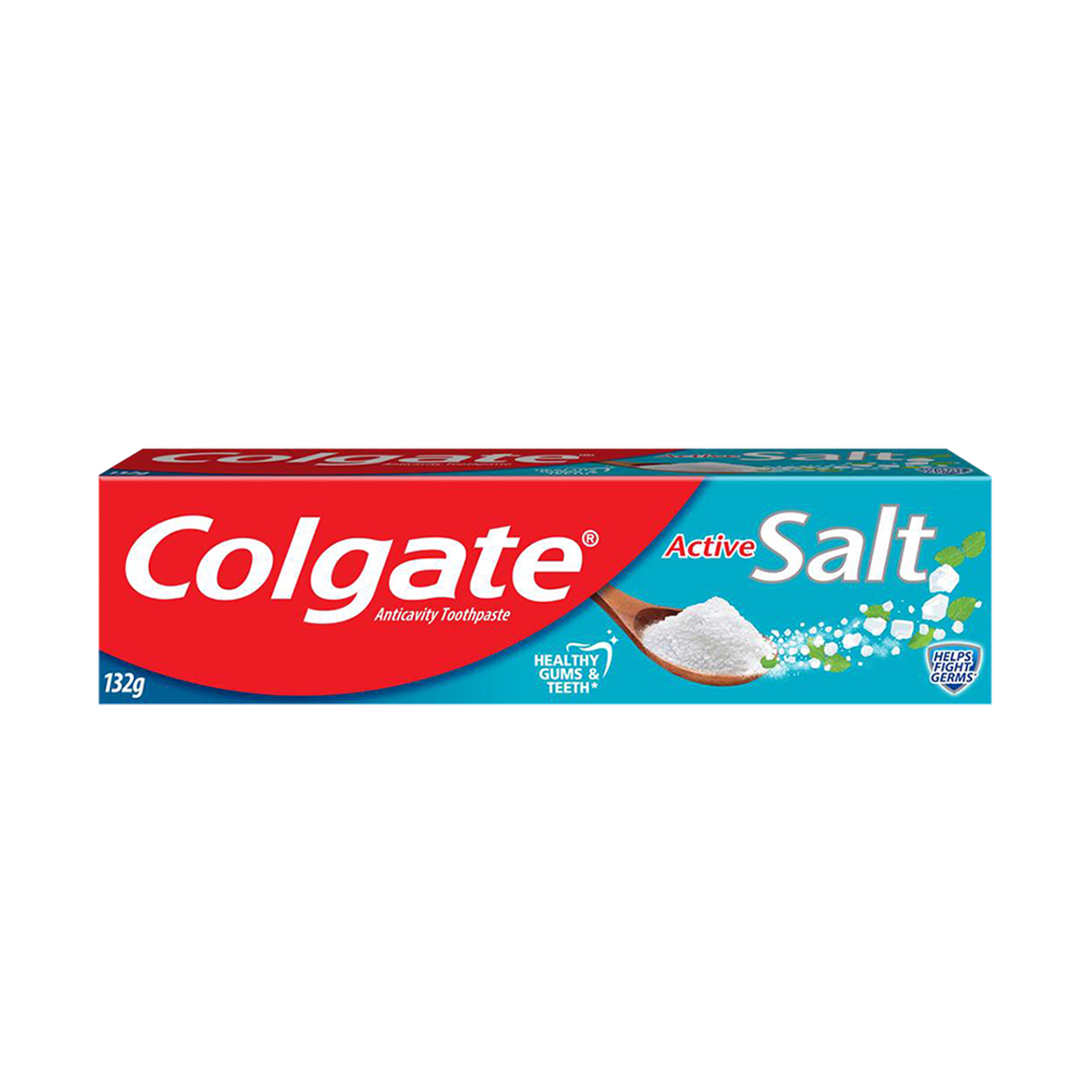-
-

ADULT ORTHODONTICS
Should You Use Mouthwash Before or After Brushing?Brushing and flossing are the foundation of a good oral hygiene routine, but mouthwash can also be a useful addition...

SELECTING DENTAL PRODUCTS
Soft Vs. Hard Toothbrush: Which One Should You Use?The toothbrush has come a long way. As the American Dental Association (ADA) notes...
-
Science & Innovation
- Oral Health and Dental Care | Colgate®
- Oral Health
- Can I Use Clove Oil For Toothache Pain?


How Does It Work?
The clove is a plant that grows in Asia and South American. It is used in foods, beverages, toothpaste, soaps, cosmetics, and perfumes. It has also been used to relieve pain from a toothache. Clove oil contains the ingredient eugenol, a natural anesthetic and antibacterial that helps reduce inflammation. A study completed by the British Association of Maxillofacial Surgeons involved 270 patients who had their third molars extracted reported that the eugenol-based paste group experienced less pain, inflammation, infection, and swelling than the 0.2% chlorhexidine and control groups.
Should I Use Clove Oil for a Toothache?
Dental professionals do not recommend clove oil. If you are experiencing tooth pain, it can be a sign of an underlying condition, and you should reach out to your dental professional first to get a proper diagnosis.
If you’re interested in using clove oil to help relieve tooth pain, first consult with your dental professional. According to an article in Registered Dental Hygienist Magazine, clove oil does have antibacterial, antifungal, and pain-relief properties. However, it’s not a cure, and the usage of clove oil will vary based on your individual needs as well as the other clinically-proven methods you’re already using in your treatment.
Is Clove Oil Safe?
According to Medline Plus, clove oil is generally considered safe for adults. However, they do note that when applied to the gums, clove oil can cause damage to the gums and tooth pulp. They do not recommend using clove oil on children or infants.
If you have a toothache and are looking for a natural solution, talk to your dental professional before trying clove oil or another natural remedy, as the appropriate dose and application can depend on your age, health, and other conditions. And if you're experiencing pain at all, reach out to your dental professional to develop a treatment plan. Whether or not clove oil is involved in your treatment, you're on your way to having a pain-free mouth and healthy smile by alerting your dentist.
Related Products

Helping dental professionals
More professionals across the world trust Colgate. Find resources, products, and information to give your patients a healthier future











